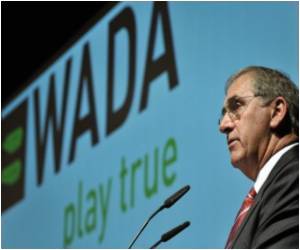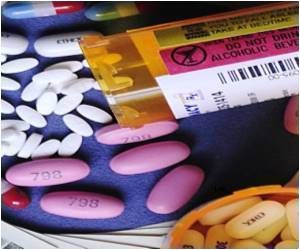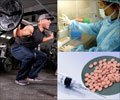
He oversees the running of the 1.6-million-dollar (1.3-million-euro) equipment that analyses the urine samples FIFA collects randomly from players and delivers by courier to the university's pharmacology department.
Testing began during the pre-tournament training phase and will continue through to the final with tests after each match. Van der Merwe and his staff are working virtually around the clock to get test results back to FIFA within 24 hours.
Their machines include six gas chromatograph mass spectrometers, which heat the samples to 300 degrees Celsius to separate out the various components, and three liquid chromatograph mass spectrometers that analyse the samples at room-temperature to avoid destroying heat-sensitive compounds.
Technicians prepare the samples in a room reminiscent of a secondary school chemistry lab, then introduce them into the gleaming, whirring machines.
The highly sensitive instruments separate the samples' components and identify each compound.
Advertisement
The machines then send their output to computers that graph the concentration of each material.
Advertisement
Van der Merwe said he is happy that part of the process is in FIFA's hands.
"We just do the scientific part of it and then we report to the sporting body. What happens to the positive dope testing is in their hands," he told AFP.
"The science is easier than the politics, because science is true facts that you can work on, while the politicians are working on other types of things," he said.
The World Cup has been blessed with a relatively doping-free history, the notable exception being when Argentine bad-boy Maradona was kicked out of the 1994 tournament after testing positive for the stimulant ephedrine.
The football legend is back at the World Cup this year as Argentina's head coach, the first time he has participated in the tournament since.
Source-AFP











